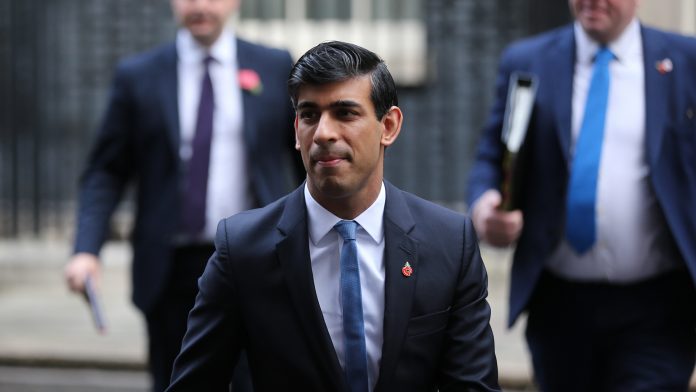Prime Minister Rishi Sunak has revised the UK’s net zero policies, but argues he still wishes to meet the country’s international agreements.
Among the revised net zero policies is the UK’s ban on new petrol and diesel cars. The Prime Minister has delayed the ban by five years, so all sales of new cars from 2035 will be zero emission.
The move, Sunak claims, is to take forward a pragmatic, proportionate, and realistic path to reach net zero by 2050, whilst also reducing costs on British families.
What are the revised net zero policies?
Under the new plans, the government will:
- Move back the ban on the sale of new petrol and diesel cars to 2035 from 2030.
- Delay the ban on installing oil and LPG boilers, and new coal heating for off-gas-grid-homes to 2035. This is instead of phasing them out from 2026.
- Set an exemption to the phase out of fossil fuel boilers, including gas, in 2035.
- Remove policies to force landlords to upgrade the energy efficiency of their properties.
- Raise the Boiler Upgrade Grant by 50% to £7,500.

Sunak’s reasoning behind the changes
The Prime Minister argues that the UK has already made significant progress on its net zero policies, and has so far “over delivered” on its commitments.
The UK has targets to reduce carbon emissions by 68% by 2030 compared to 1990 levels. The nation is the only major economy to have set a target of 77% for 2035.
This follows the progress made over past decades, with the UK having already cut emissions by 48%, compared to 41% in Germany and 23% in France.
We're changing the way we reach Net Zero by 2050 to ease the burden on working people.
Our new approach will be pragmatic, proportionate and realistic – because the UK is already so far ahead of every other country in the world.
Here are the facts 👇🧵 pic.twitter.com/u9tWhplIeg
— Rishi Sunak (@RishiSunak) September 21, 2023
Because of this progress made, Sunak believes that the UK’s net zero targets do not have to come at the expense of British families who are facing higher costs of living.
But will these policies make things easier for people in the UK?
Comments from industry leaders
Lisa Brankin, Ford UK chair, disagreed with Sunak’s relaxing of the UK’s climate change policies, stating that dropping the 2030 deadline would be a mistake.
In a statement released on Wednesday, she said: “Our business needs three things from the UK Government: ambition, commitment, and consistency. A relaxation of 2030 would undermine all three.
“We need the policy focus trained on bolstering the EV market in the short term and supporting consumers while headwinds are strong: infrastructure remains immature, tariffs loom and cost-of-living is high.”
Mike Hawes, SMMT Chief Executive, argued that the revised net zero targets must provide encouragement to consumers to buy electric vehicles.
Hawes said: “The announcement must be backed up with a package of attractive incentives and measures to accelerate charging infrastructure to give consumers the confidence to switch.”
📢"Today’s announcement must be backed up with a package of attractive incentives and measures to accelerate charging infrastructure to give consumers the confidence to switch. Carrots move markets faster than sticks"@MikeHawesSMMT on the Prime Minister's Net Zero announcement pic.twitter.com/j1kHsSRNlQ
— SMMT (@SMMT) September 20, 2023
Backing the move, Toyota and Jaguar Land Rover stated that the announcement provides the clarity that the industry has been asking for.
Comprehensive UK net zero reforms will be brought about by the Chancellor and Energy Security Secretary in due course.









